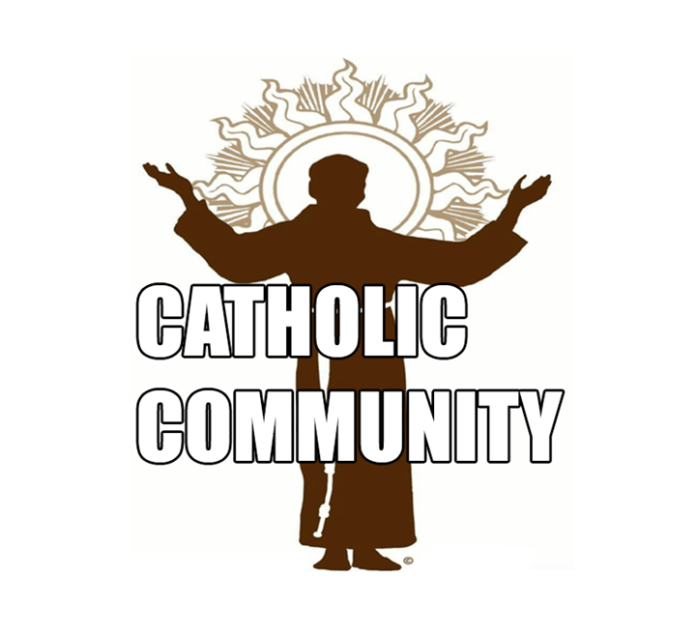Not long ago, an unconventional exchange grabbed the news headline. During a prayer service in Washington DC, an Episcopal bishop appealed to the President, “Have mercy on immigrant families and transgender children in our communities…”, in reference to the heightened illegal immigrants’ deportation effort going on.
Justice is about fairness, law, and punishment. Mercy is about compassion and forgiveness.
In the gospel of John 8: 1-11, Jesus teaches us how to balance “justice” and “mercy.” The Law of Moses orders that those who committed adultery be stoned to death. As the crowd rallies to kill the adulterous woman, Jesus asked “Let the one among you who is without sin be the first to throw a stone at her.” One by one, they left. Then Jesus said to the woman, “Go and sin no more,” offering her a pardon and a call to righteous living. This bible passage beautifully illustrates the divine mercy and grace Jesus grants to sinners. He did not condone her sinful actions. He teaches that while sin is serious, judgment should be approached with humility, and forgiveness is available to all.
Justice maintains law and order in a civil society. Mercy is important in society. It creates compassion, understanding, and forgiveness. It helps people to understand each other better and live together in harmony. Mercy helps to promote social justice by showing lenience and offering second chances.
No one is without sin. Lent is a call for us to be self-reflective, especially on our own imperfections. In our daily interactions with others, can we be less judgmental, more compassionate, support each other for a chance to change and grow?
When we pray the Our Father, we ask God to forgive our sins, but in return God asks us to first forgive others. “Give us this day our daily bread, and forgive us our trespasses, as we forgive those who trespass against us.”




